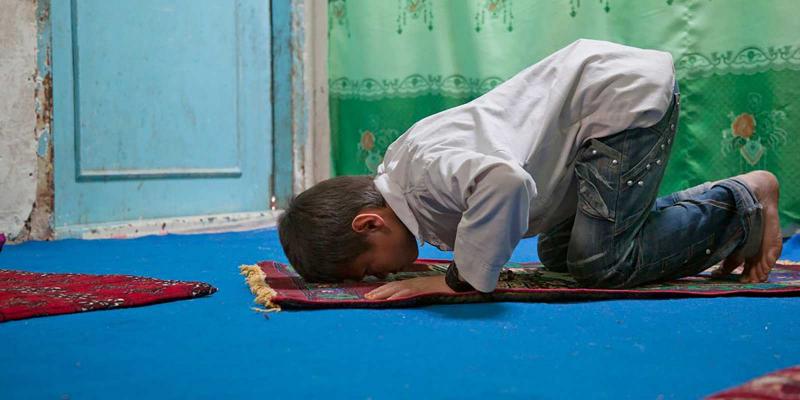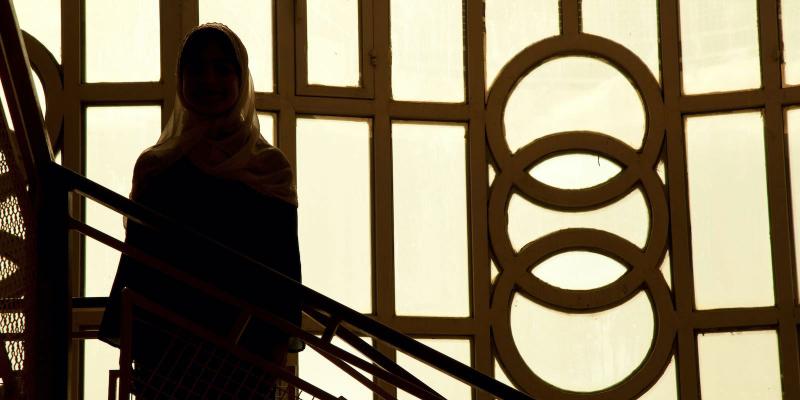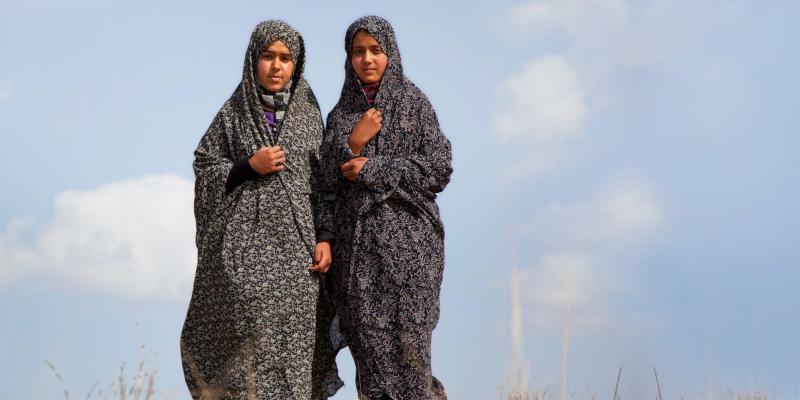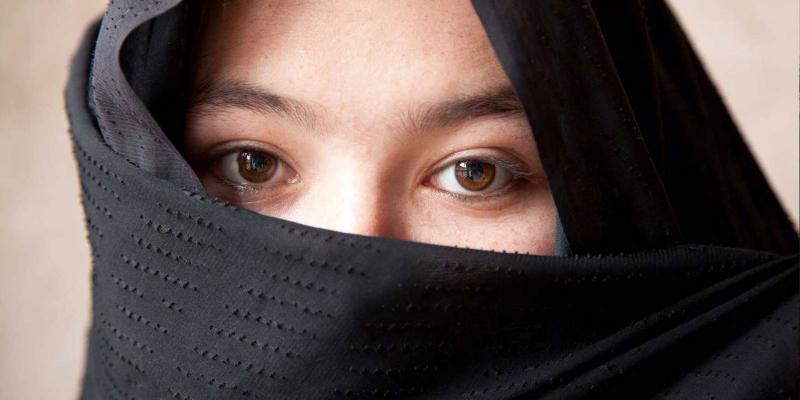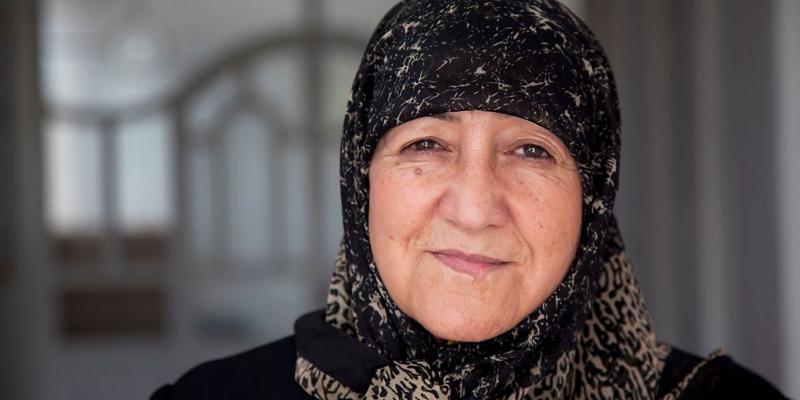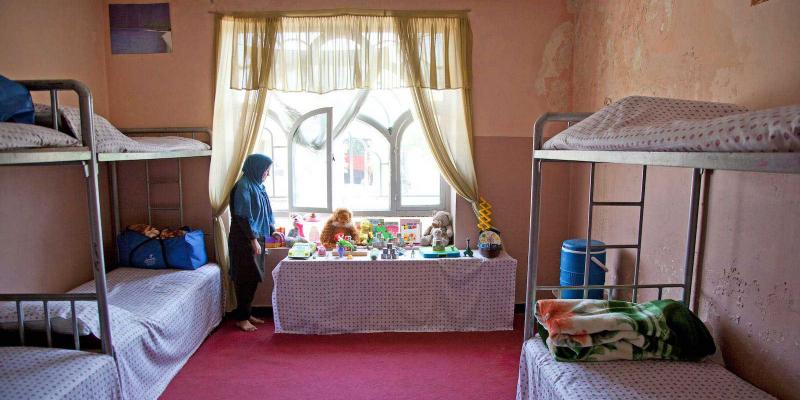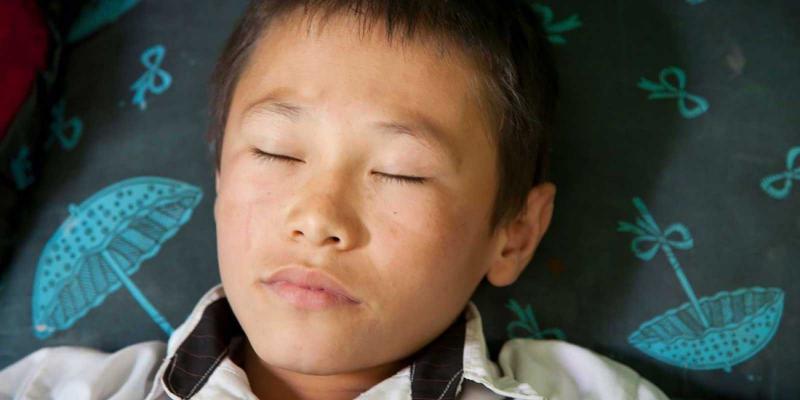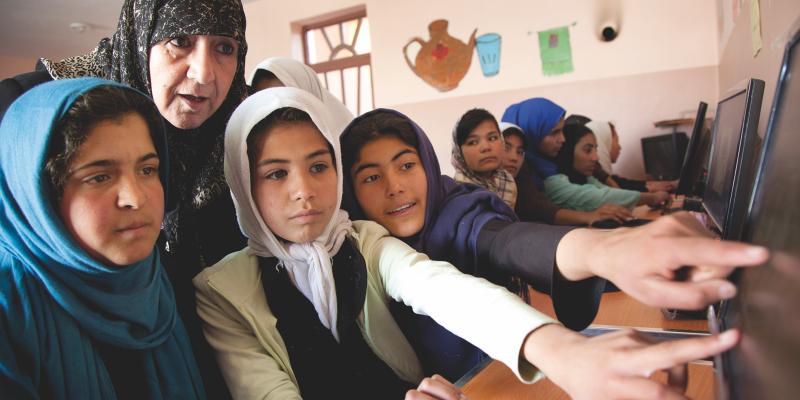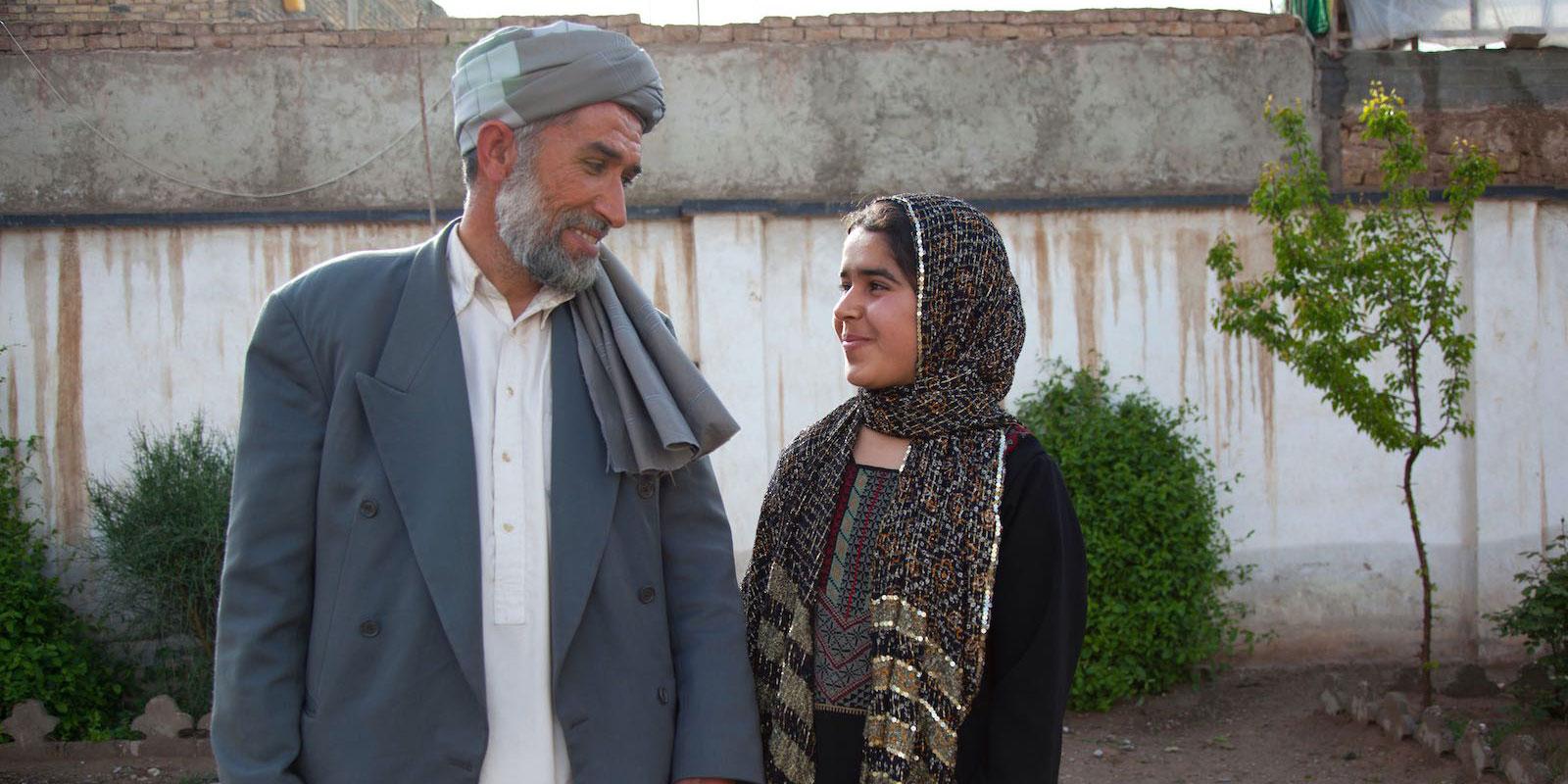
The girl was named Nouria, which means light in Arabic. “She will be a role model for other girls,” her father wrote on the back of his copy of the Koran, the holy book of Islam, the night she was born.
The years passed. Nouria turned seven and started going to a school built by Child Rights Hero Sakena Yacoobi’s organisation, AIL. Nouria was good at reading and writing, but found maths difficult. She loved her school, where boys and girls could study in the same class. But one day when Nouria arrived at school, there was a note stuck to the door with a knife. “This school is closed. We will cut the throats of parents who send their children here,” it said.
Nouria, who was 11 years old by now, knew exactly what was going on. The Taliban had closed the school! She ran home and told her father. On the same day, Taliban soldiers turned up in the village. They went from house to house telling people that they had taken over the village. Everyone had to obey their orders. “They had beards and black turbans. And so many weapons... pistols, rifles and rocket launchers. I was sad and afraid of what was going to happen,” explains Nouria.
Took food
The Taliban soldiers started to invite themselves into people’s houses. Late at night they would knock on the door. “Give us food,” they would say, “or we’ll beat you to death.” Since there were so many of them and they were armed, no-one dared say no. Nouria’s father asked her mother, Amina, to lay everything they had on the table. Rice, lamb steak, raisins, nuts and vegetables. The soldiers sat there and wolfed down all the family’s food. Then they disappeared out into the night. The same thing happened time and again. The family didn’t have enough food, and Nouria often had to go to bed hungry.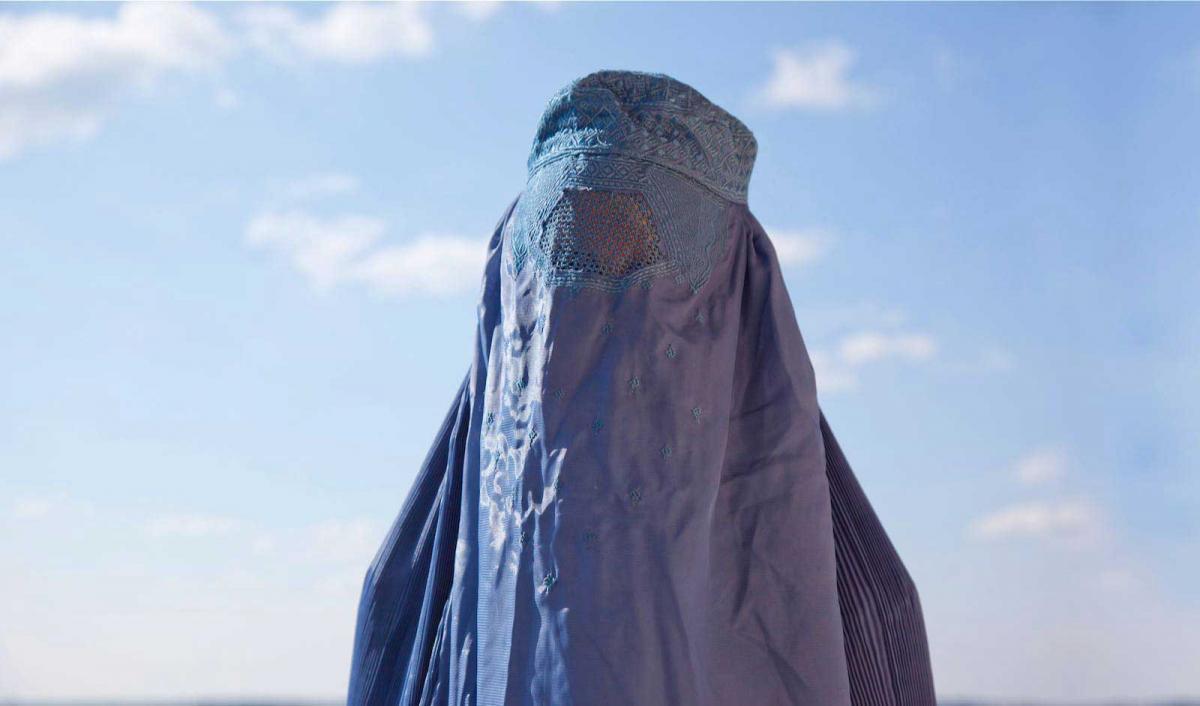
Secret school
The school remained closed. Until Nouria’s father and the teachers at Sakena Yacoobi’s school came up with a plan to hold secret lessons. “We would gather a handful of students and one teacher in someone’s kitchen or living room. We pretended to be running errands so we could get there without being found out. We hid our schoolbooks under our burkas. Then we went home again, one at a time, not in a group. It was terrifying, but also a little bit exciting. We didn’t trust everyone in the village – some of our neighbours sided with the Taliban and thought girls shouldn’t go to school,” recalls Nouria. For over a year, the Taliban governed the village and Nouria went to the secret school. Then one day, there was news on the radio. The leader of the Taliban men who had terrorised the villagers had been killed in battle. Now Nouria and the other children could relax. The school would open again, in its usual building with classrooms, desks and chalkboards. The villagers who had supported the Taliban fled.Future dreams
At 14, Nouria has just moved in with her grandfather in the city of Herat to start a new school. The village school can only take students up to Year 6. Nouria dreams of becoming a teacher and educating girls about their rights: “Unfortunately, girls don’t have the same chances as boys in Afghanistan. But there shouldn’t be any difference. We are equal. I learned that at Sakena Yacoobi’s school. Without that school, I wouldn’t even have been able to write my own name.” Nouria’s parents miss her, as she lives so far from home, but her father says it’s worth it.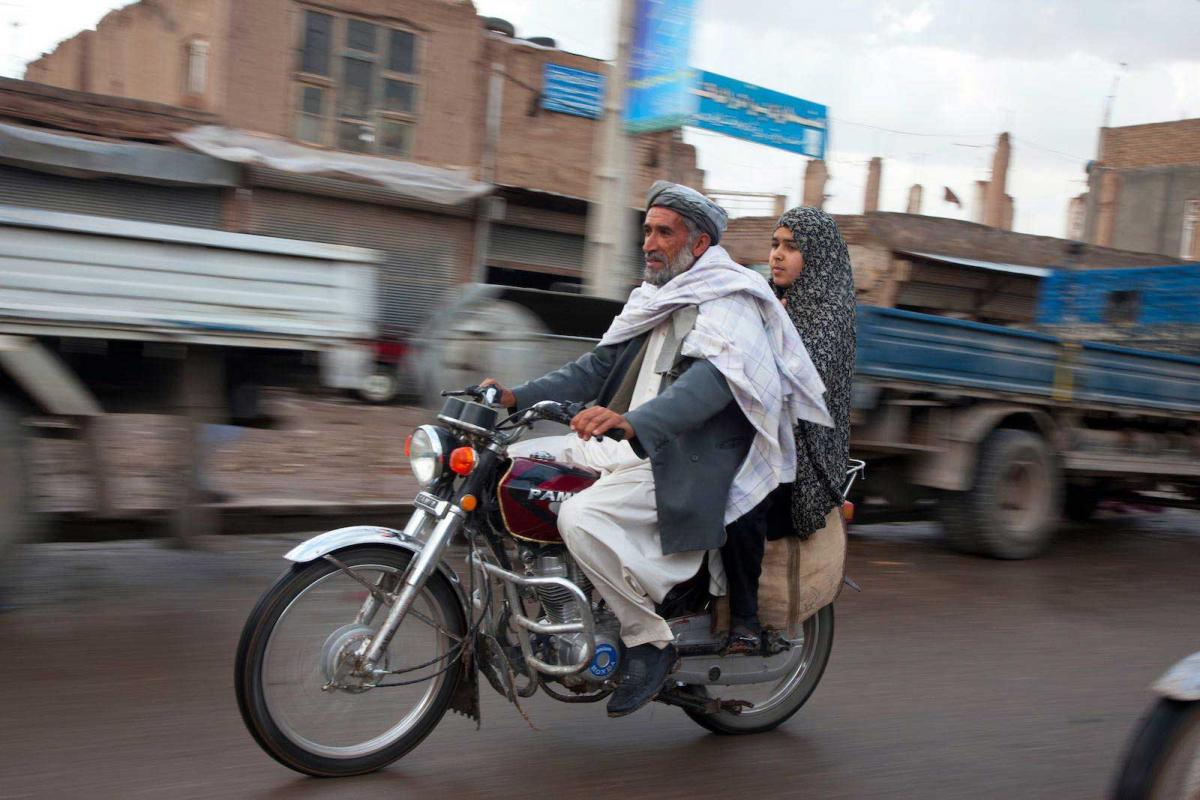
“My daughter will be a role model, a light for other children. I made that vow when she was born. So she has to go to a good school, even if that means we can’t see each other every day. It’s like the poet says: ‘A beautiful flower often has thorns’.”
Nouria, 14
Likes: School, poetry, stories, sweetsBest friend: My cousin Fatima
Favorite food: Sweets
Wants to be: A teacher
Hates: War
Favorite animals: Tigers and eagles
Text: Jesper Huor
Photos: Makan E-Rahmati
Related stories
Långgatan 13, 647 30, Mariefred, Sweden
Phone: +46-159-129 00 info@worldschildrensprize.org
© 2020 World’s Children’s Prize Foundation. All rights reserved. WORLD'S CHILDREN'S PRIZE®, the Foundation's logo, WORLD'S CHILDREN'S PRIZE FOR THE RIGHTS OF THE CHILD®, WORLD'S CHILDREN'S PARLIAMENT®, WORLD'S CHILDREN'S OMBUDSMAN®, WORLD'S CHILDREN'S PRESS CONFERENCE® and YOU ME EQUAL RIGHTS are service marks of the Foundation.



